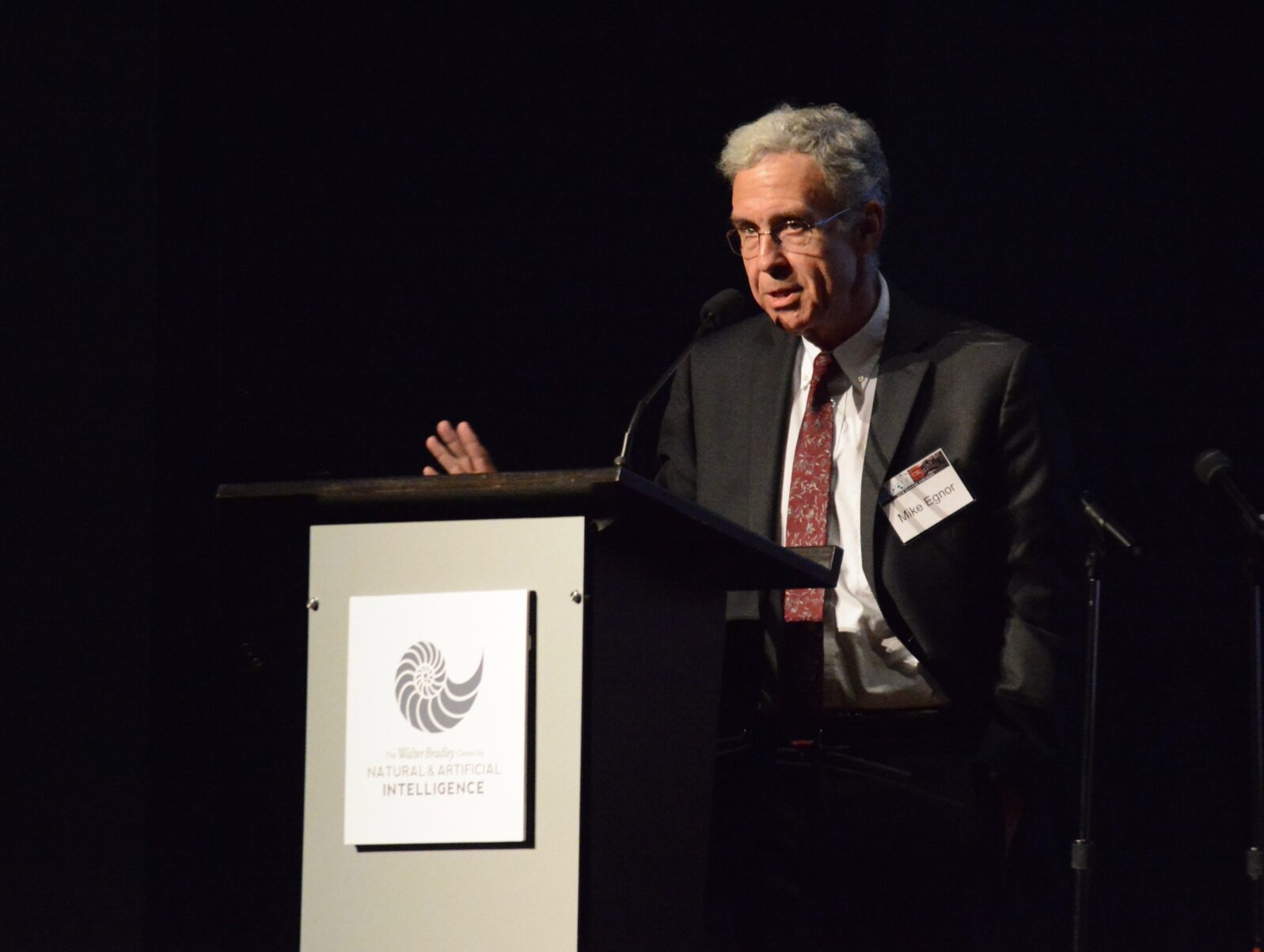 Neurosurgeon Michael Egnor doesn’t mince words:
Neurosurgeon Michael Egnor doesn’t mince words:
I despise Darwinism. It is, in my view, an utterly worthless scientific concept promulgated by a third-rate barnacle collector and hypochondriac to justify functional, if not explicit, atheism. Richard Dawkins got it right: Darwin made it possible to be an intellectually fulfilled atheist. A low bar, admittedly, but “natural selection” satisfied, and still satisfies, many. Even bright Christians, regrettably.
Darwin still has some cache among design advocates — the usual trope is that he provided evidence for common descent and explained microevolution. In this I differ from some of my friends and colleagues sympathetic to ID/Thomism. Darwin’s “theory” is completely worthless to science, a degradation of philosophy, and lethal to culture.
As Jerry Fodor (an atheist philosopher) has pointed out, natural selection is an utterly empty concept. It does no work; it explains nothing. Evolution is driven by natural history and genetic and phenotypic constraint. “Natural selection” adds nothing to our understanding of the process. Of course things change and survivors survive. Any real understanding of change in populations entails understanding the natural history of the changes and the biological constraints imposed by nature. Some of this evolutionary change is best explained as accidental. Some is best explained as design, and the conjunction of accident and design is where evolutionary change takes place. “Natural selection” is meaningless junk science — dismal logic put to the service of atheism. Darwinism is the most effective engine of atheism in modern times, except perhaps for consumer culture, for which Darwin bears some responsibility. “Survival of the fittest” casts a scientific imprimatur on acquisition as a life-goal. Michael Egnor, “A Darwinian Pilgrimage” at Evolution News
Hat tip: Philip Cunningham
See also: The brain is not a “meat computer.” Dramatic recoveries from brain injury highlight the difference
and
Neurosurgeon outlines why machines can’t think: The hallmark of human thought is meaning, and the hallmark of computation is indifference to meaning.